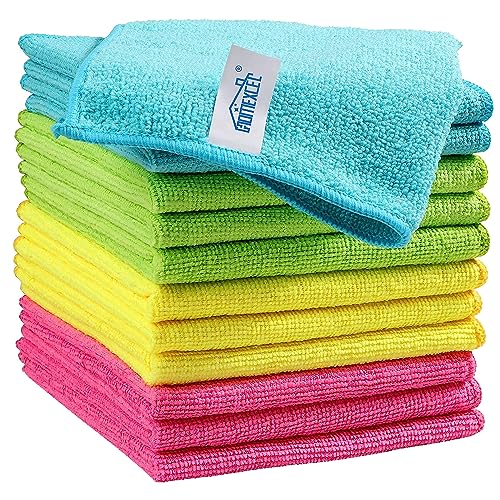These are the 6 dirty items you should always wash in hot water for a thorough clean, say experts
Cleaning pros reveal which household items to use a hot water wash on the products they love
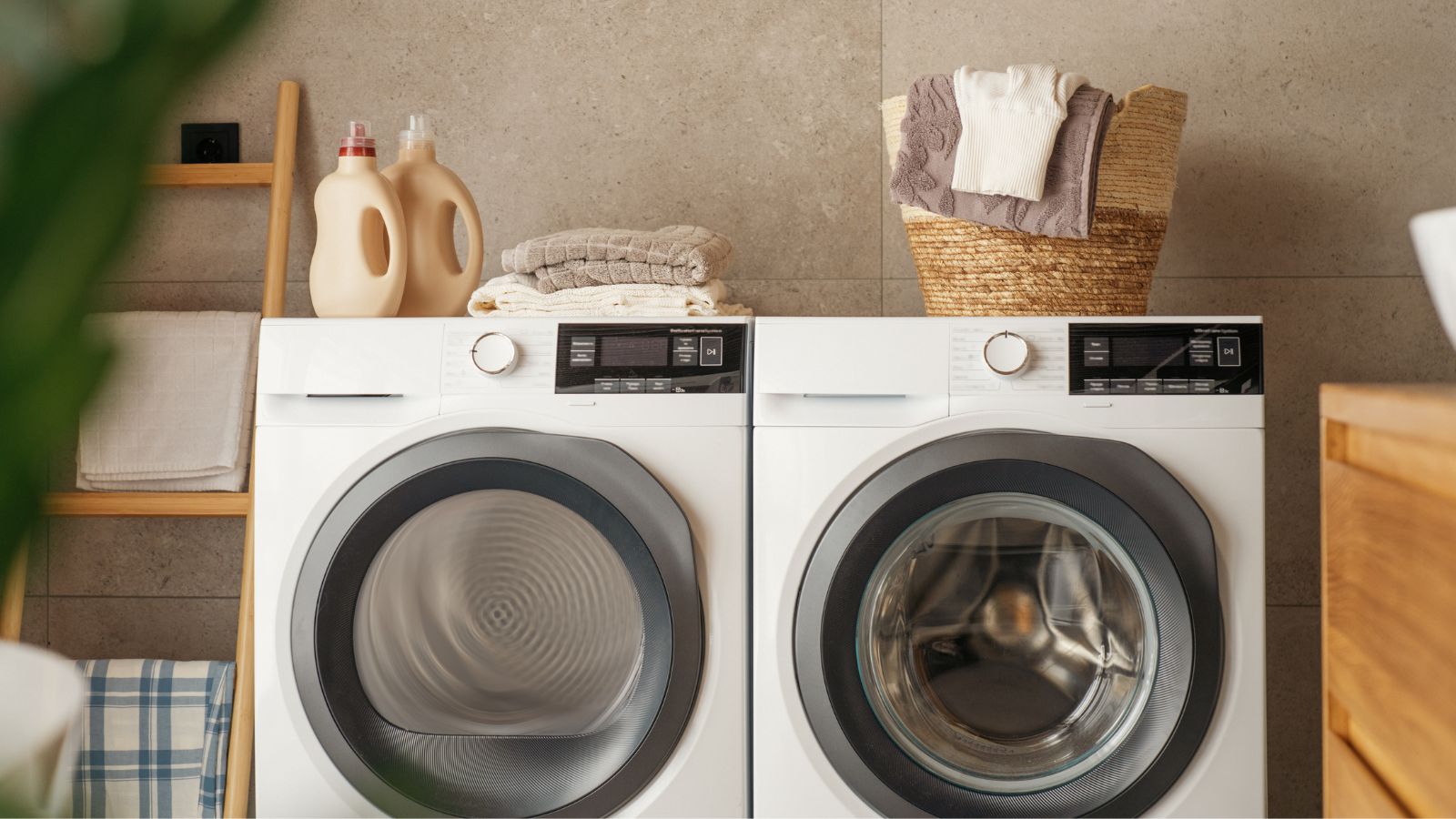

With such an abundance of laundry advice available, it can feel a bit of at task figuring out which items to wash at hot temperatures (that's 130 degrees Fahrenheit and up), especially without damaging them.
But hot washes certainly have their place and are brilliant for killing bacteria. From bed sheets and baby clothes to towels, there are household items that need more sanitization than others, and our experts have clarified exactly which six items you should be turning the temperature up for.
So, if you want to know how to do laundry at higher temperatures, look no further than this expert-approved guide.
1. Bedsheets and towels
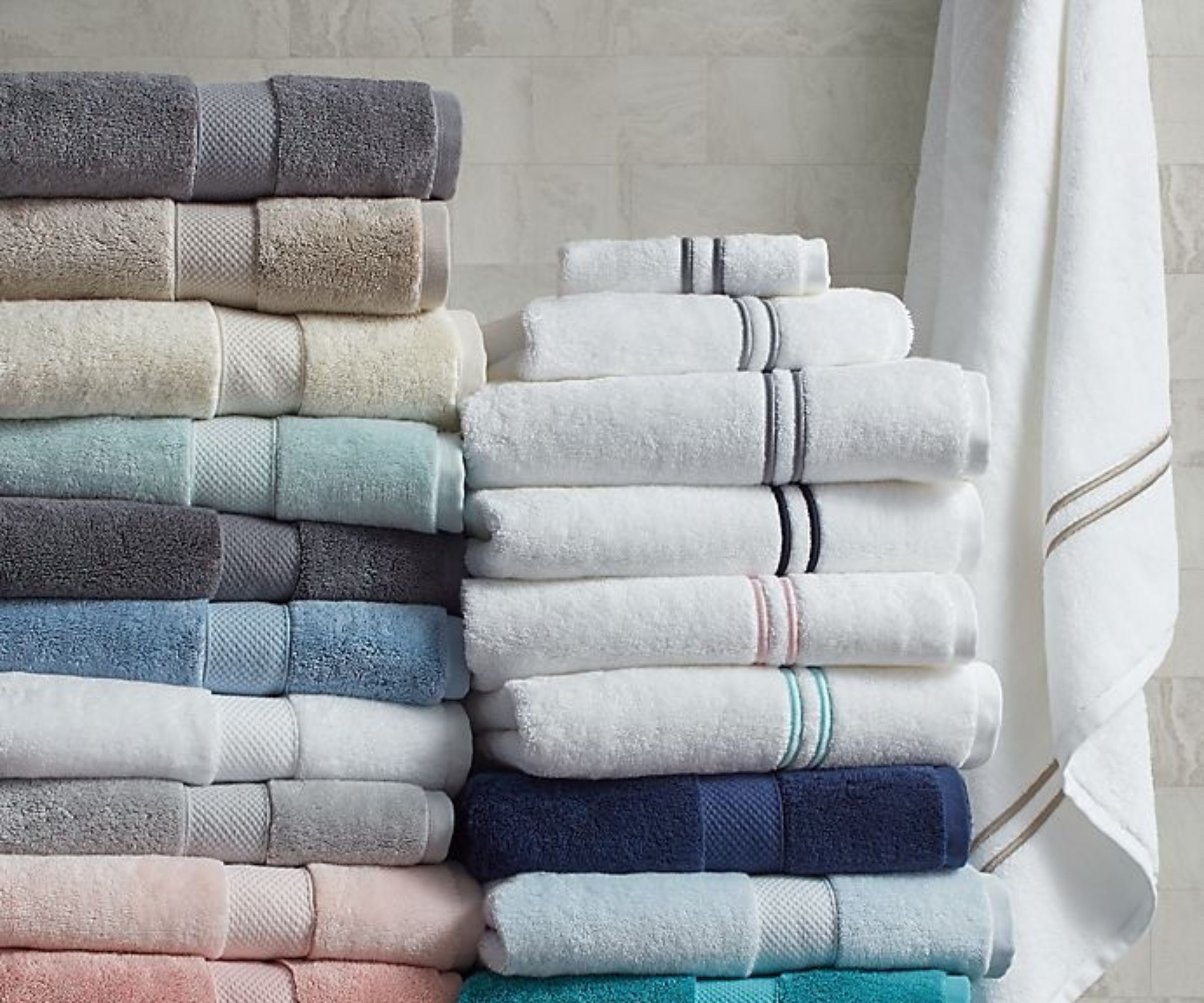
Bed sheets and towels are two of the most bacteria-laden items in your home, attracting bacteria, dust mites and allergens, so washing them regularly (after every three uses is a good rule of thumb) at high temperatures is important to kill these microscopic invaders.
'Hot water is best effective for sheets and towels that can trap dirt, grime and oils from the body,' says Ken Doty, COO and cleaning expert at The Maids. 'The hotter temperature dissolves bacteria and debris that can be trapped in the fabric.'
Daniel Brown, CEO of Handy Cleaners recommends using the Tide Hygienic Clean Heavy Duty 10X Liquid Laundry Detergent available at Walmart, as it is specifically formulated for deep cleaning with hot water. Brown also recommends adding a cup of white vinegar during the rinsing process to boost the disinfecting effect of the detergent. 'Vinegar helps break down detergent residue while naturally softening fabrics,' he says.
White vinegar can be bought in commercial quantities from Amazon, and we recommend the 365 by Whole Foods Market Organic White Distilled Vinegar available at Amazon, as it is Amazon's Choice (meaning it's highly rated by shoppers, bought often, rarely returned and usually available), USDA organic and vegan.
You can master how to wash towels with vinegar with it, as long as you know where to put it.
2. Kitchen sponges
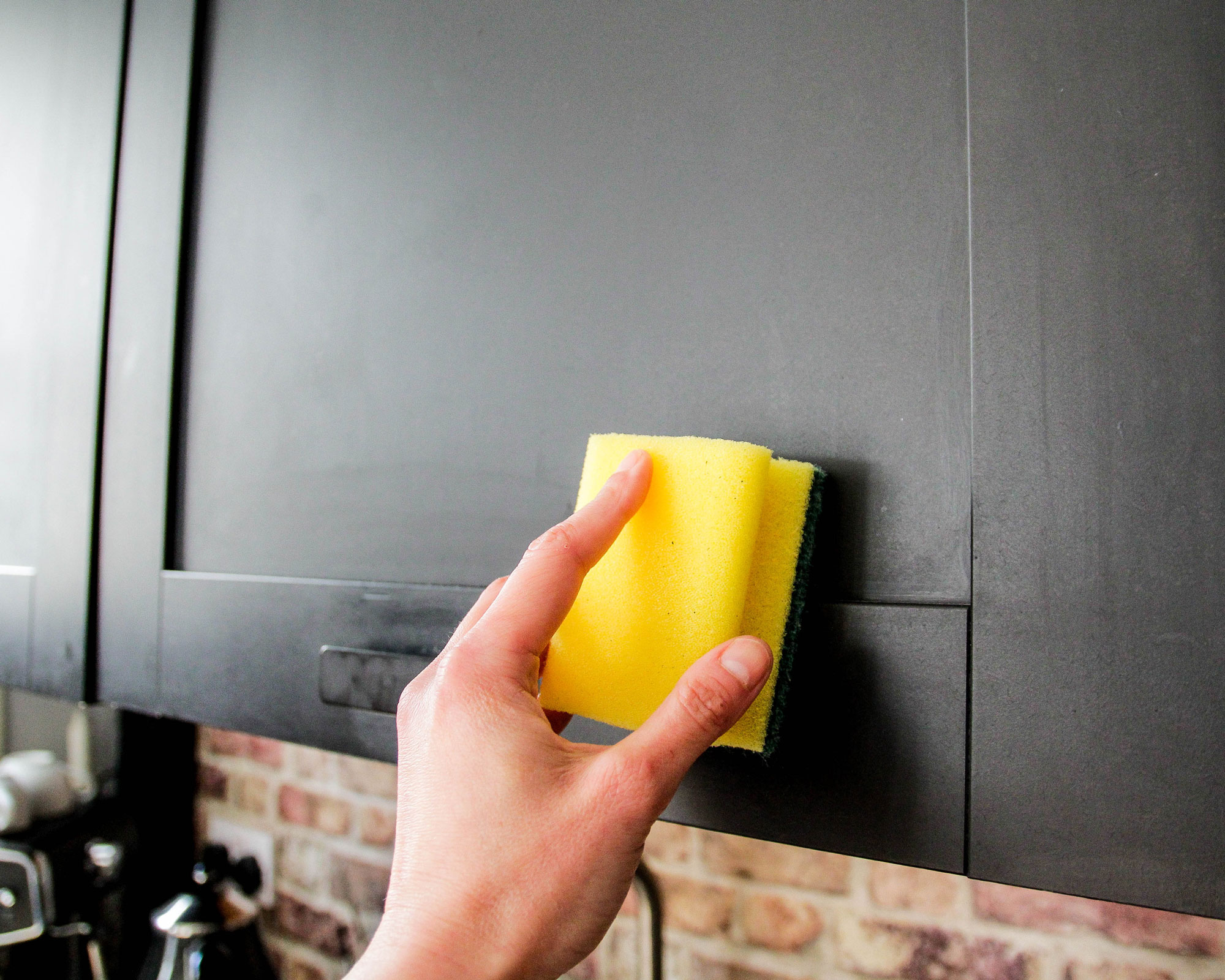
'When we use kitchen sponges to wipe up food spills and then leave them sitting around damp, it can become a breeding ground for germs,' says James King, operations manager at DeluxeMaid. 'If not cleaned well, there's a contamination risk.'
King recommends washing your sponge with hot water and soap, using Dawn Dish Soap available at Walmart, before popping it in the microwave for one to two minutes. Be careful when removing as they will be steaming hot.
'Just make sure the sponge is wet before microwaving to avoid a fire hazard,' King adds. 'And if you're feeling lazy (or smart), place them in the dishwasher's top rack, and running a hot cycle will surely clean and disinfect them.'
This is a genius way to keep your kitchen sponges bacteria-free and ready for use, on dishes or for cleaning around the kitchen, but you should still regularly replace them.
3. Whites
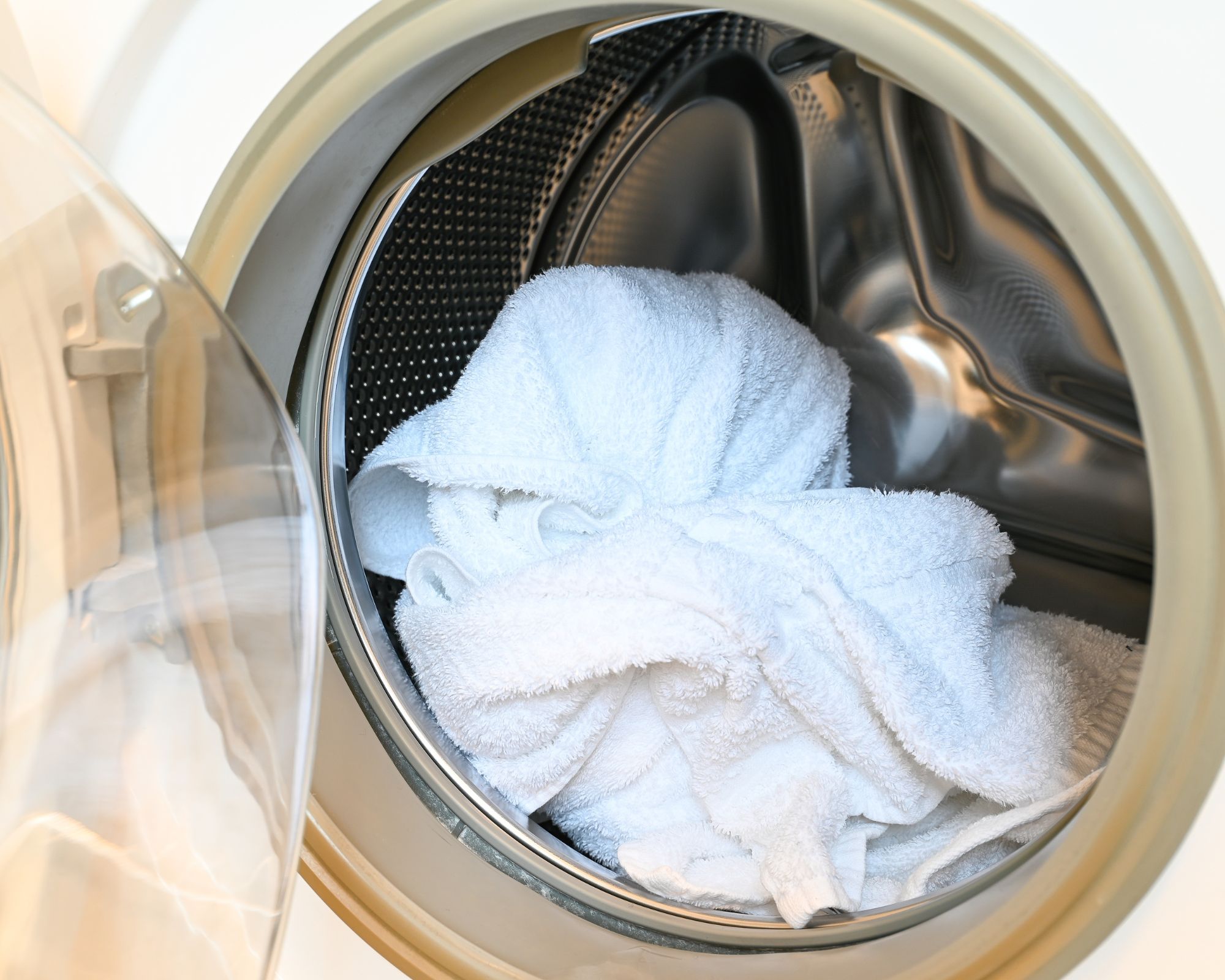
'Whites and other light-colored items are great to wash in higher temperature water to help remove everyday stains and decontaminate the white fabric,' says Doty.
It's also an effective way to get dingy whites white again, as well as a useful laundry hack to ensure white sheets stay white, particularly when used in conjunction with OxiClean White Revive Laundry Whitener and Laundry Stain Remover Powder available at Walmart.
This powder is a best seller at Walmart, with almost More than 11,400 five-star reviews, and claims to whiten whites 40% better than traditional chlorine bleach.
4. Cloth diapers and baby clothes
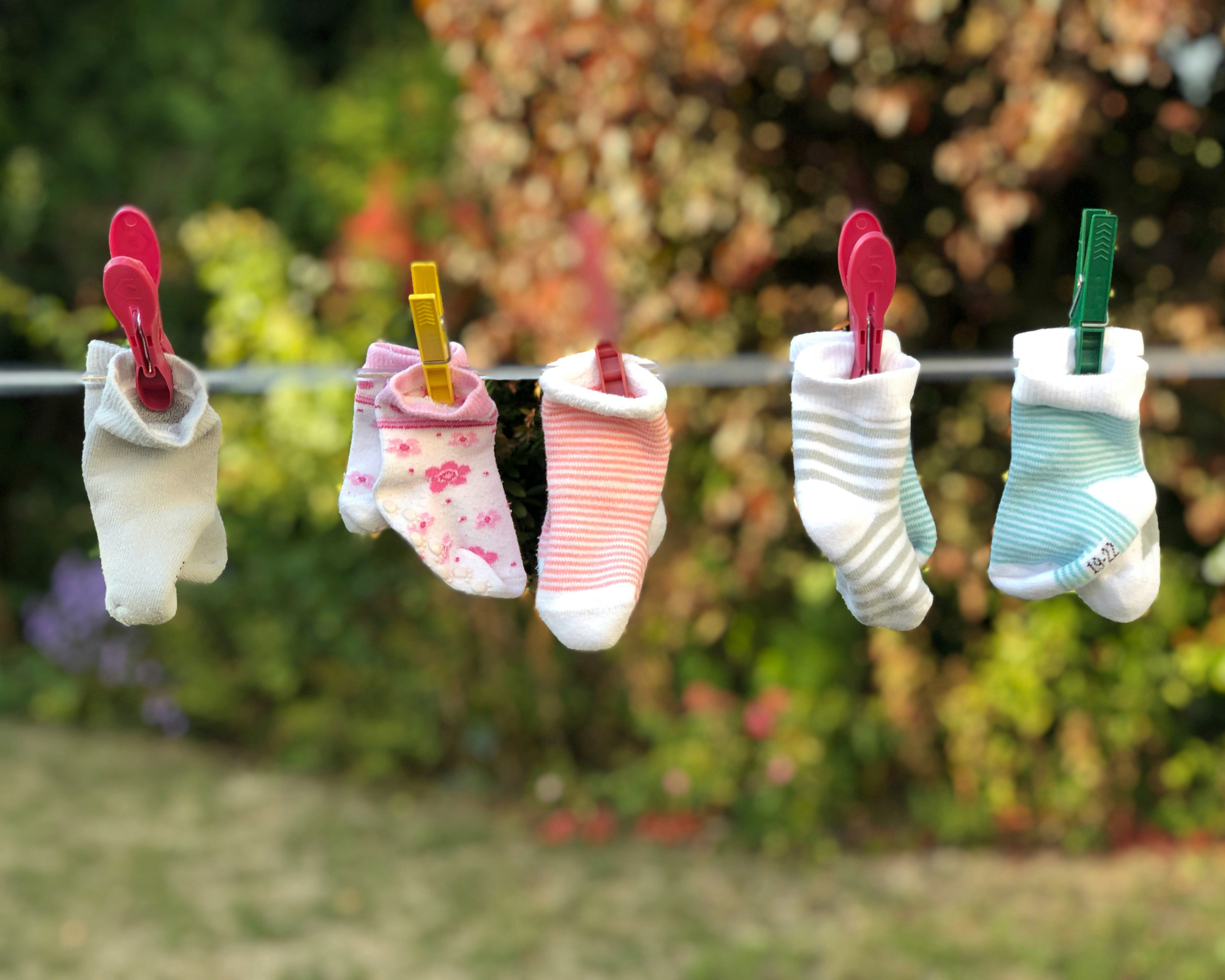
When it comes to keeping your baby's clothes clean and sanitized, hot water is the way to go, so you can spend more time organizing baby clothes, and the nursery, and less time tending to a poorly baby, especially in the first year or two when their immune systems are delicate and building up.
'When it comes to cloth diapers and baby clothes, they need thorough cleaning due to bacteria, stains and bad smells,' says Brown. 'Hot water helps keep these things clean without affecting babies' delicate skin.'
Brown recommends using the Dreft Stage 2: Active Baby Liquid Laundry Detergent available at Walmart, as it performs well when used with hot water. 'In addition to this, about half a cup of baking sofa added during washing would do more than just eliminate awful odors, hence enhancing the cleaning process,' he says.
Baking soda can be purchased at Amazon or in most stores.
5. Rags or cleaning cloths
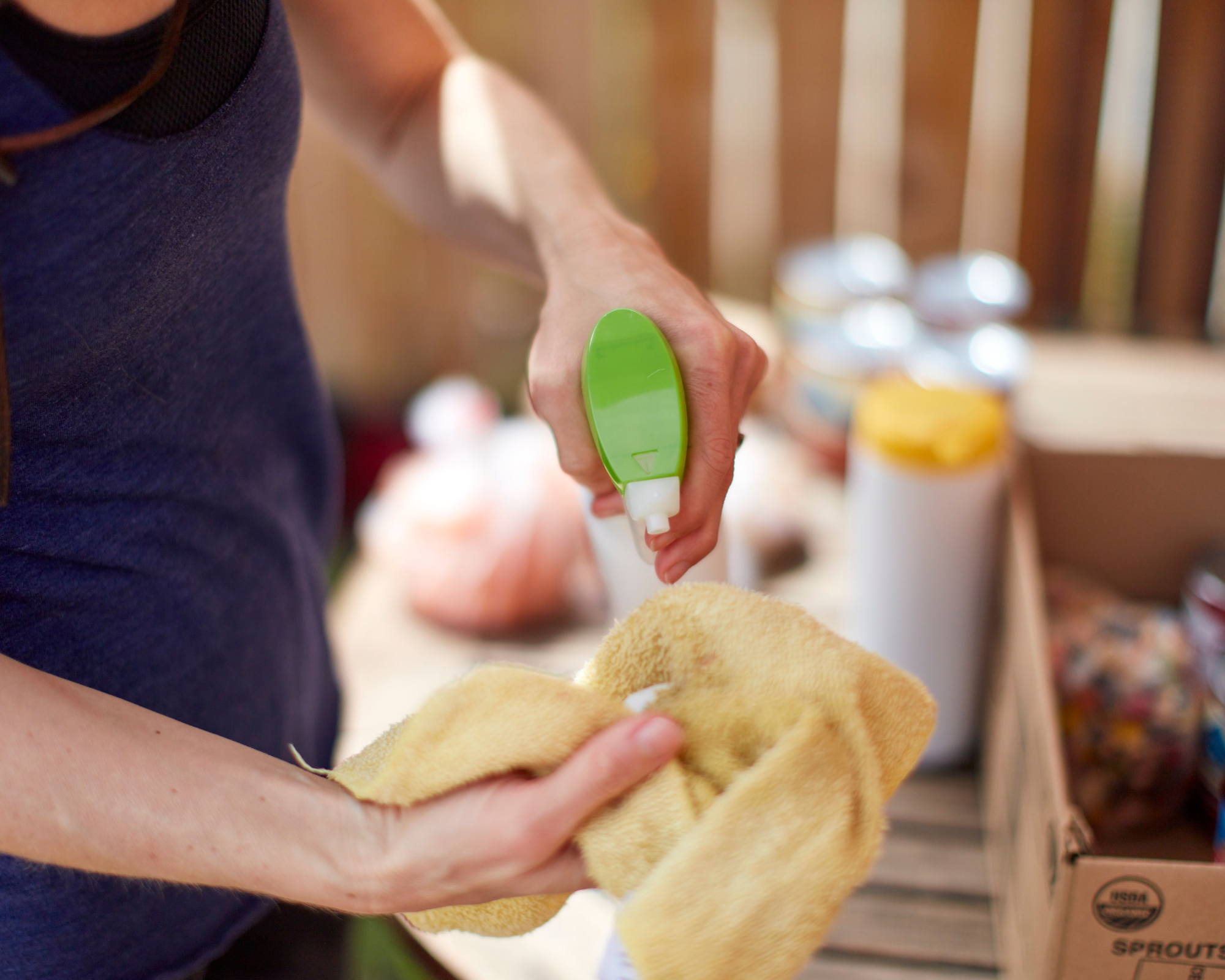
It's important to keep your cleaning supplies clean, and rags and clothes used for dealing with the dirtiest jobs in your home are no exception. As they come in direct contact with spills and bacteria everywhere from kitchen counters to grimy bathrooms, washing them in hot water ensures they are clean and ready for use again.
'Washing them in hot water ensures all the contaminants are removed, leaving them clean and disinfected, and your home will thank you for it,' says King. 'Before you wash them, soak them in a bucket of hot water and white vinegar (I always use Heinz) to help get rid of grease and germs.'
Washing cleaning cloths is a good time to add baking soda, such as the 365 by Whole Foods Market Baking Soda available at Amazon, to your hot water cycle, but wash them separately from the rest of your clothing. 'You don't want that greasy stuff getting all over your clean clothes,' points out King.
6. Heavily soiled clothing
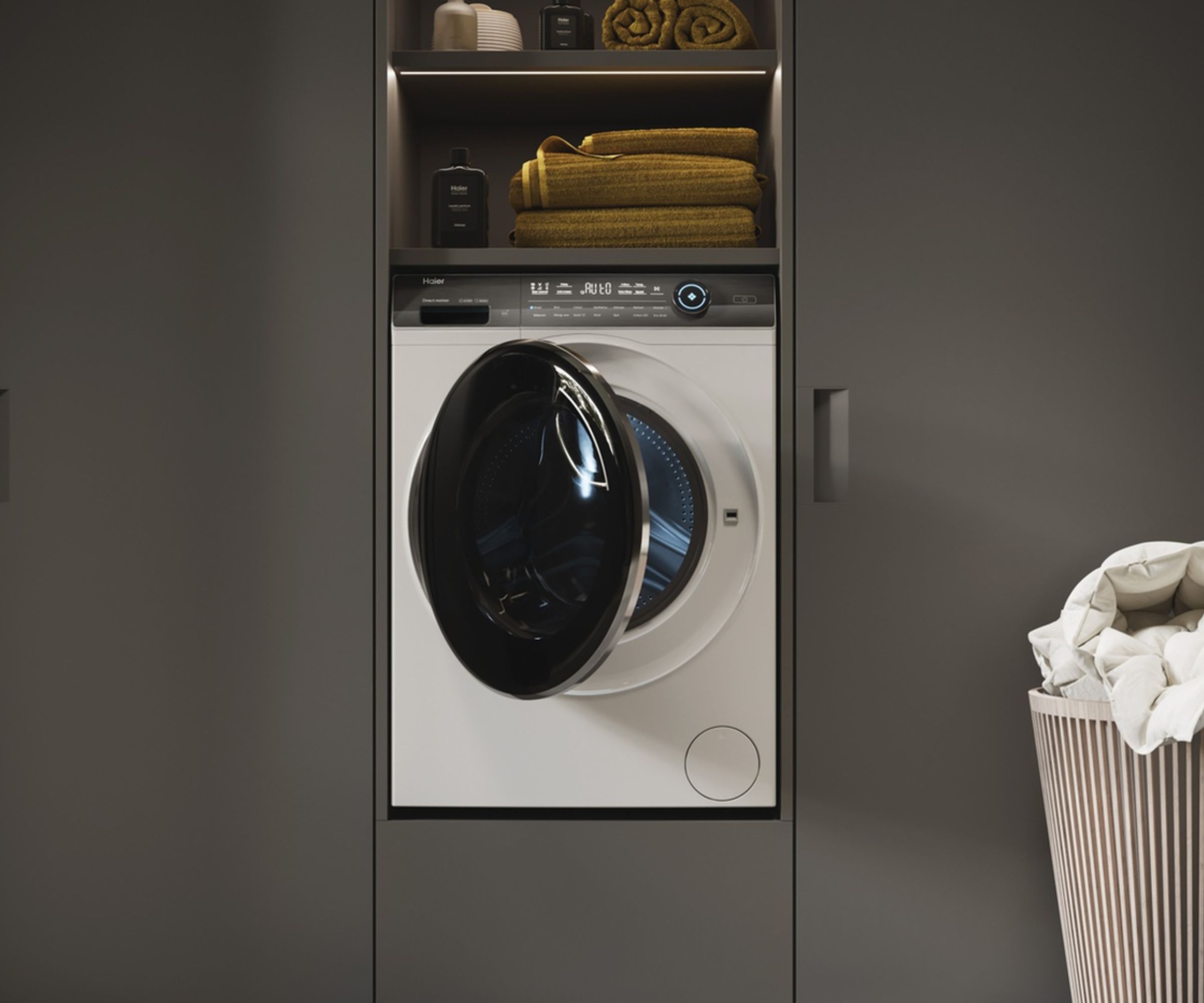
Wondering how to remove mud stains from your clothing? It goes without saying, but it's usually best to wash heavily soiled clothing in hot water to kill germs and bacteria and reduce staining.
'Don't be afraid to throw in any soiled or highly dirty clothing in hot water to start an effective cleaning process,' says Doty. Just remember that these items will often need more pre-treatment, like a stain remover, or a soak, and be sure to separate your laundry when washing these items.
Some items, no matter how heavily soiled, cannot be washed this way in high temperature including cleaning silk sheets so make sure to check the care labels first.
FAQs
What temperature should I wash bed sheets at?
If you're wondering how often you should change your bedsheets, the way you wash them could be a determining factor.
To wash them at the correct temperature, think hot. Washing at 130 degrees Fahrenheit will kill germs and might be particularly important if someone in your household has recently been ill with a stomach bug or cold.
Can you wash jeans in hot water?
It's recommended to wash jeans in warm water, between 90-110 degrees Fahrenheit, to maintain the color of your jeans and prevent shrinking. Wash them inside out, too. On the other hand, hot water can destroy the fabric, and cold water may make the color run.
Your jeans might also be one of the things you are washing to frequently, so hold off until needed to protect the quality and fit of your denim – roughly every 5-10 wears.
Now you know which items should always be washed in hot water, ever wondered if you should boil your clothes to clean them?
Design expertise in your inbox – from inspiring decorating ideas and beautiful celebrity homes to practical gardening advice and shopping round-ups.

Ottilie joined Homes & Gardens last year, after finishing a Master's in Magazine Journalism at City, University of London. With previous contributions in Livingetc and Motorsport Magazine, she produces content for the Solved section on the website, focusing on clever tips and tricks to keep your home beautiful, organized and clean. She also has a Master's degree in English Literature and History of Art from the University of Edinburgh, where she developed a love for inspiring interiors and architecture.
